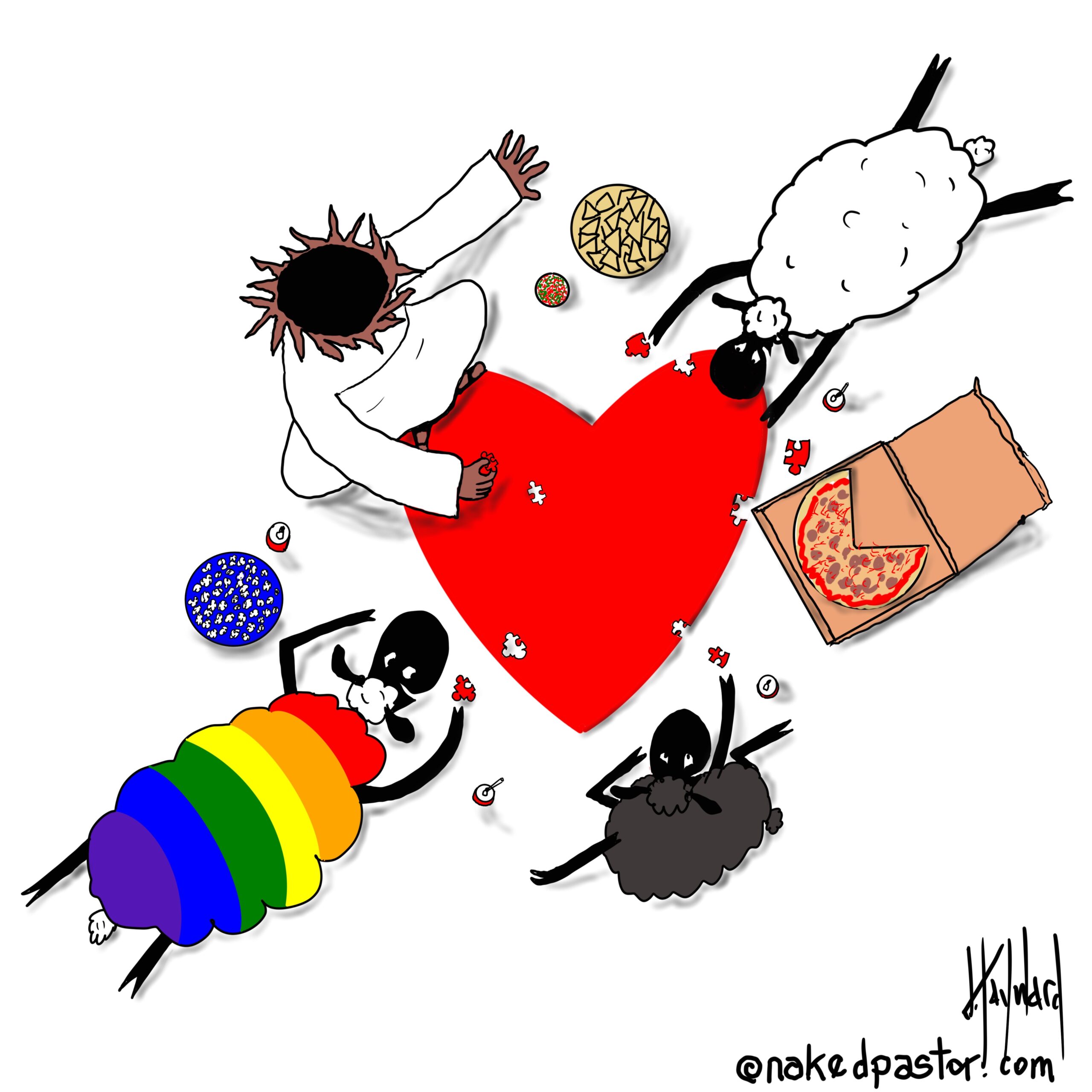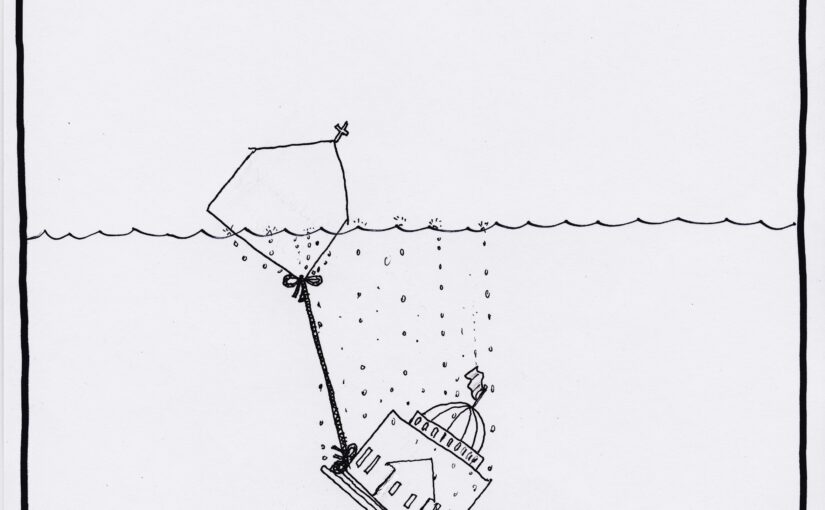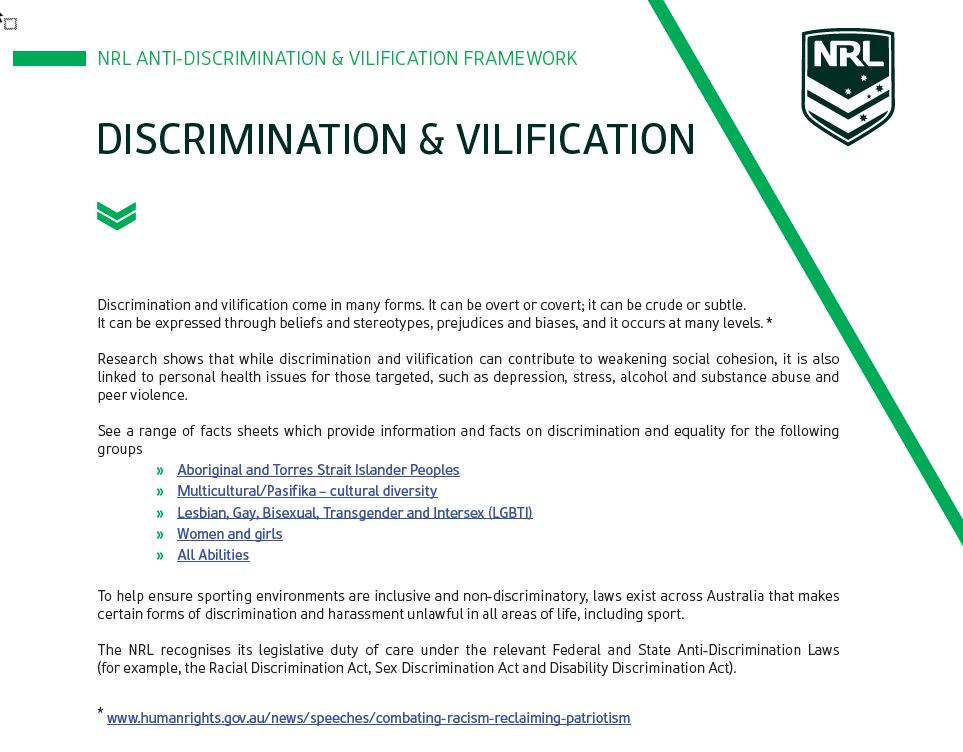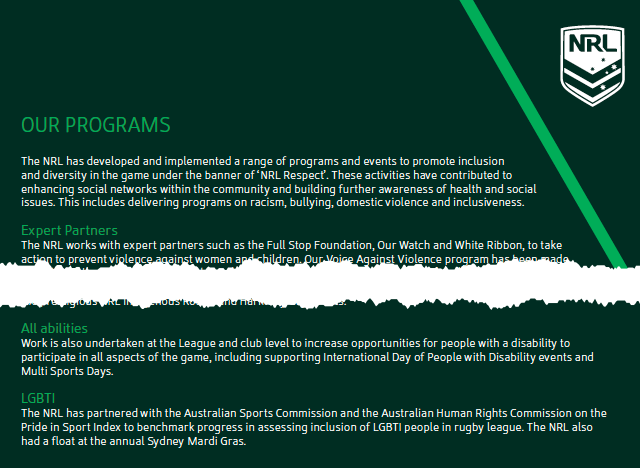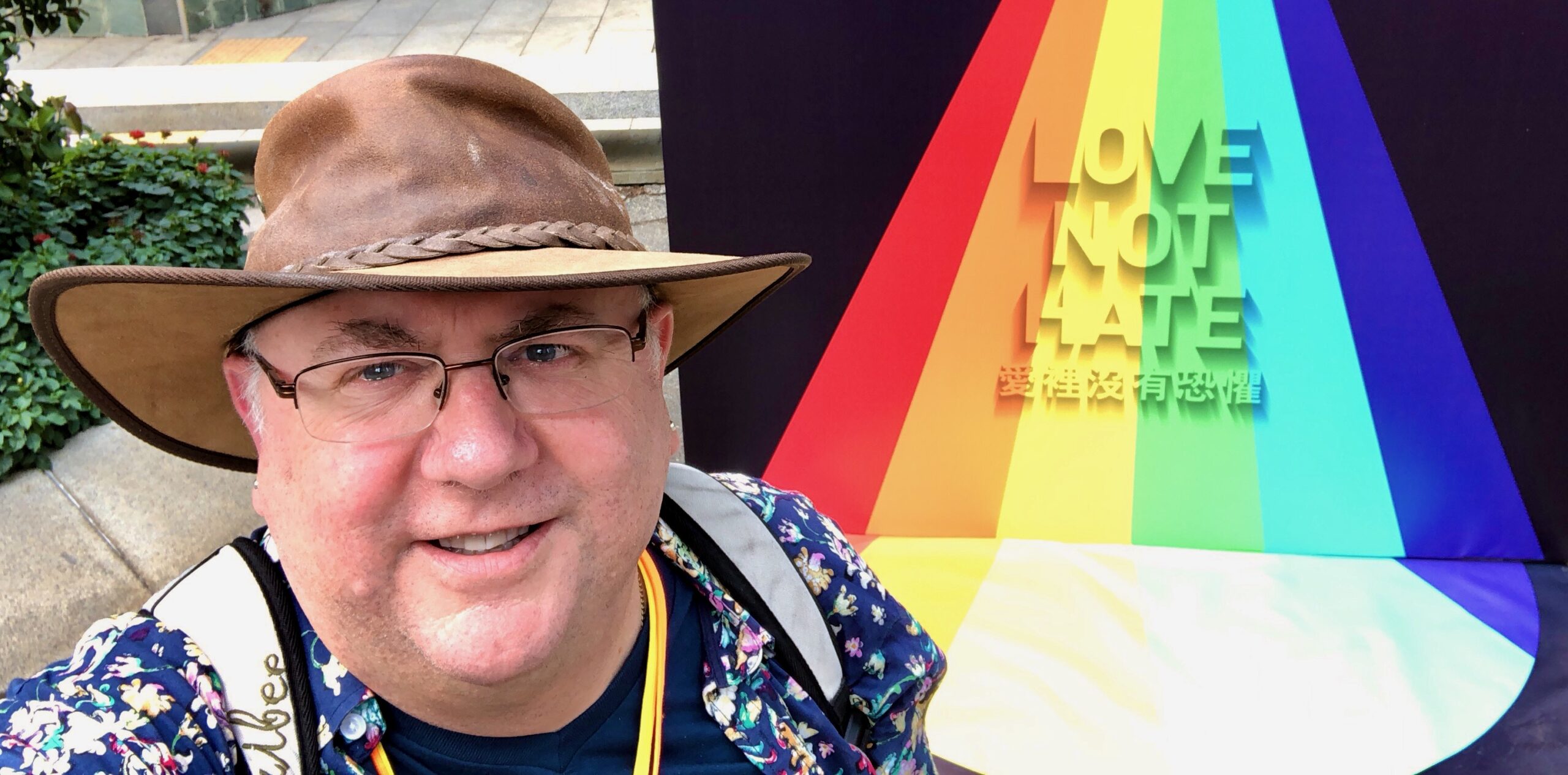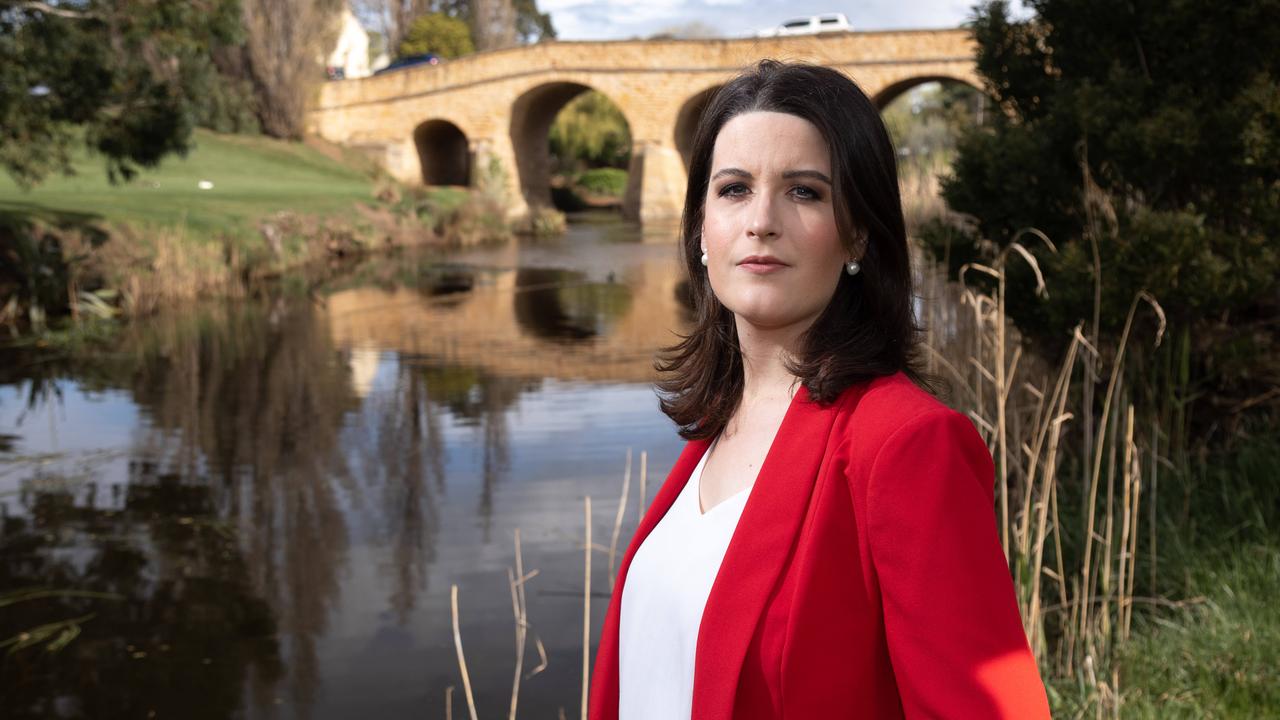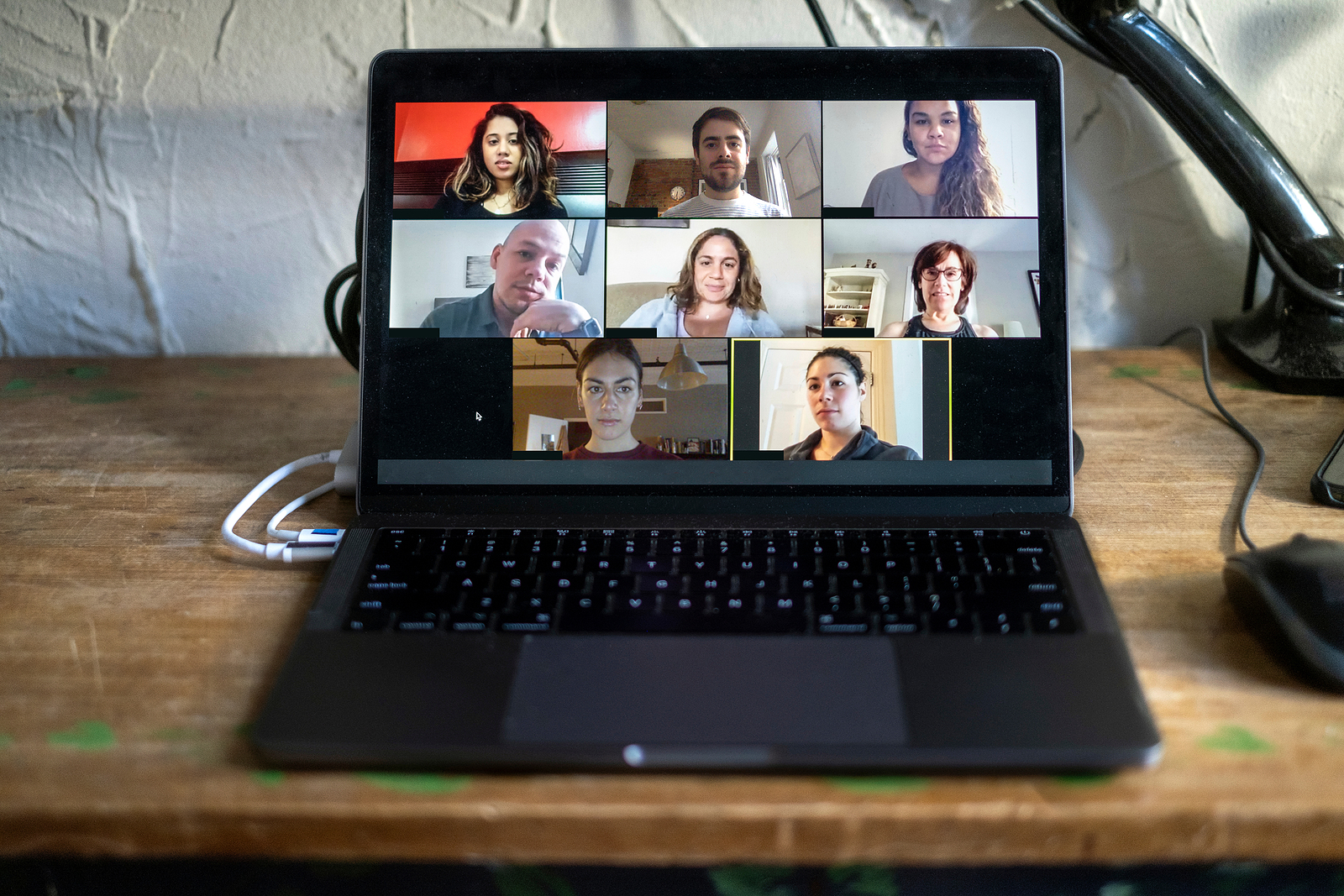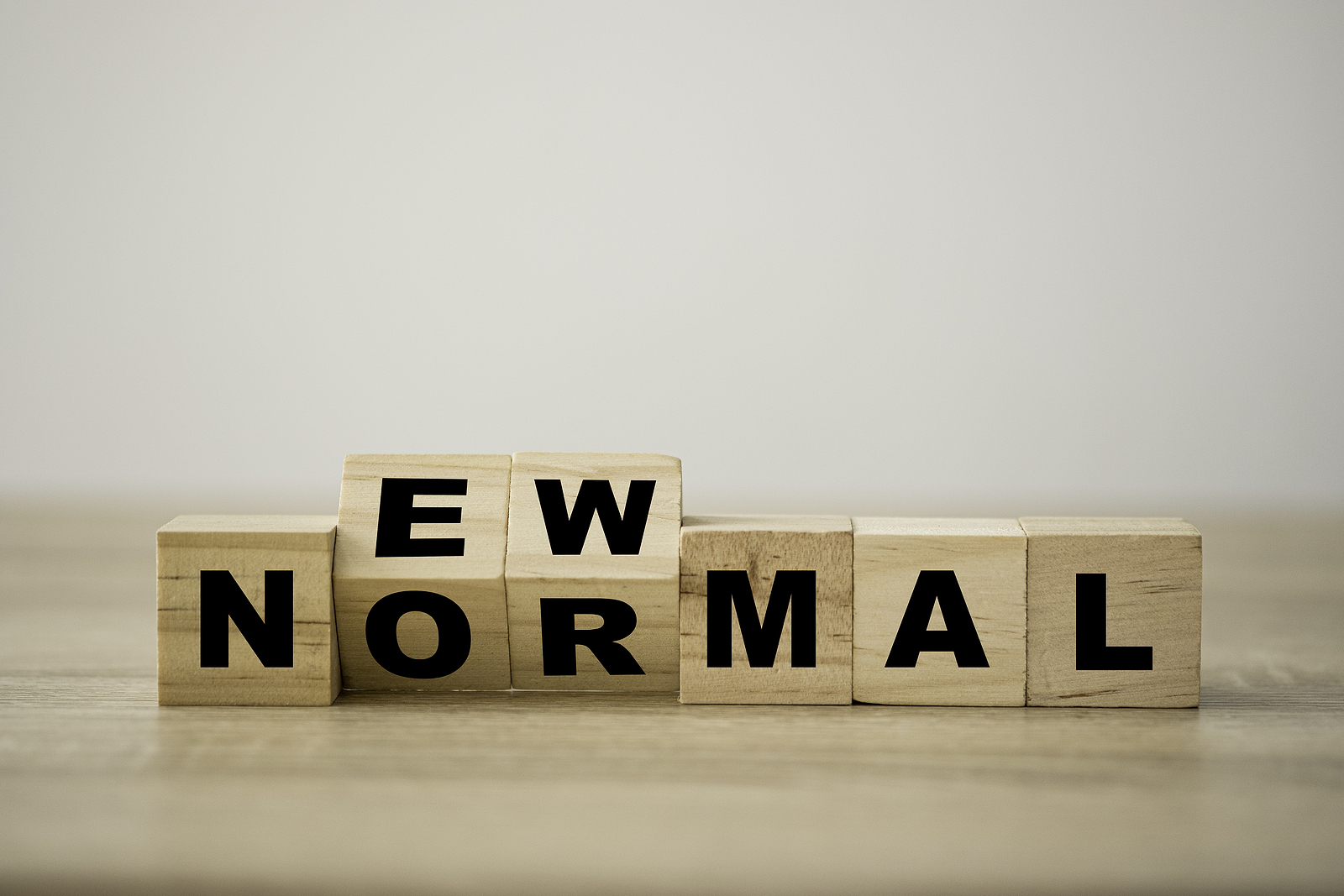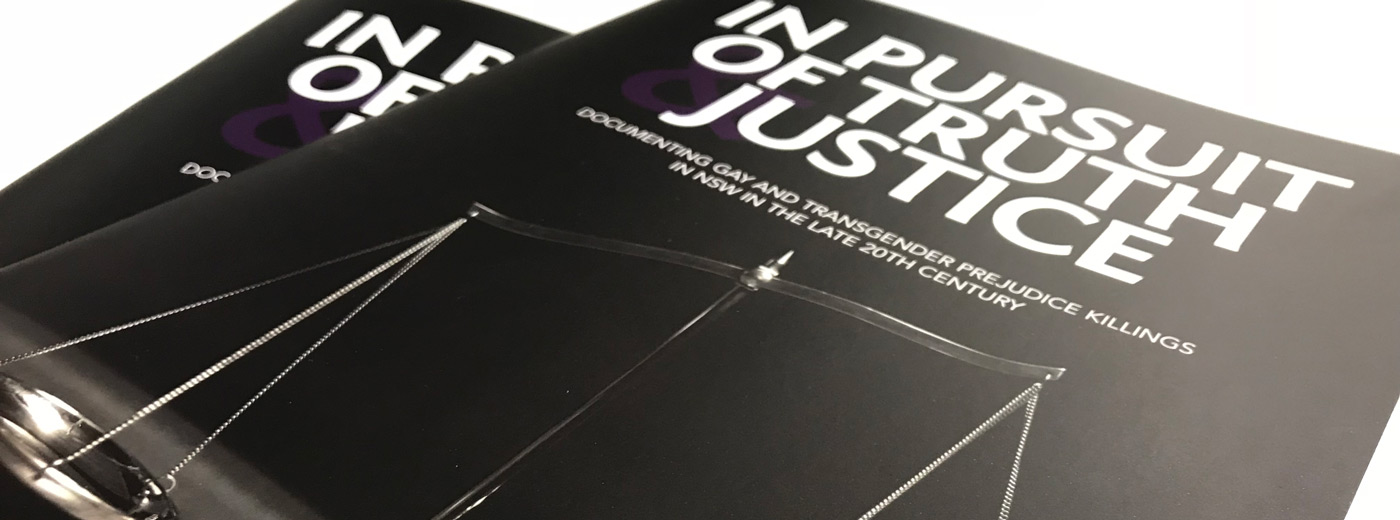The following is the written draft of a sermon I gave at Eastwood Uniting Church, Sydney, on Sunday, 19 March 2023, based on the lectionary reading John 9:1-41 – A man board blind receives sight. My focus was on v39, “And Jesus said, “I came into this world to execute justice—to make the sightless see and the seeing blind.” (Priests for Equality. The Inclusive Bible (pp. 2307-2310). Sheed & Ward. Kindle Edition.).
My inspiration for the sermon came from the dramatic events that are happening in the western world that, in so many ways, provide some parallels to Germany just before the horrors of Hitler’s reign. The sermon delivered varied slightly, and when I have the recording, I add it to the post.
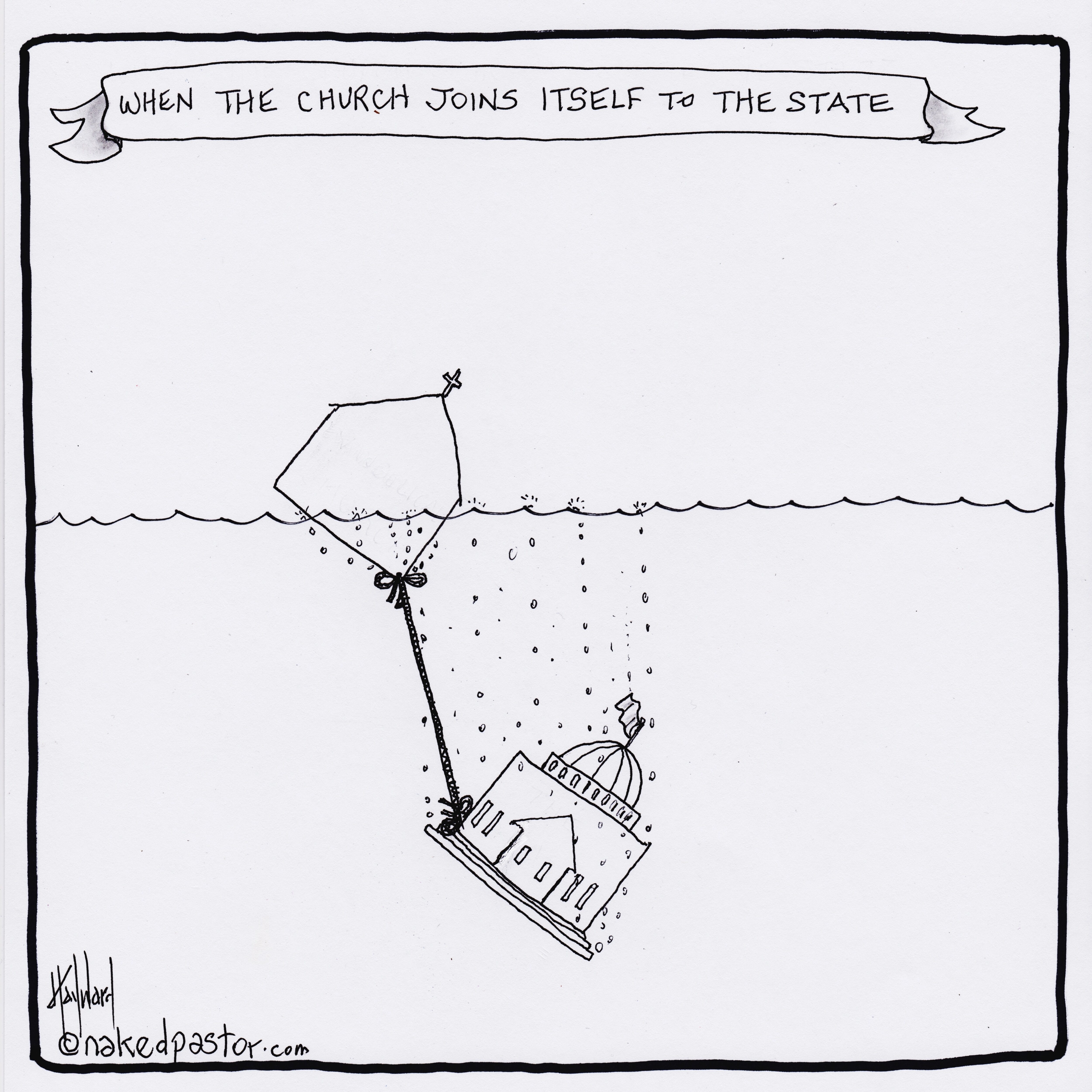
oOo
I have a blog site, AussieAltChristian.com.au, where I occasionally try to put up my thoughts. Looking at the frequency of my blogs, it would appear that I don’t have that many thoughts.
In this same season in 2017, I did a talk at the 8 am service, which then had me write one of those blogs, around the passage we have today.
This passage has become one of my favourite passages. Only the other week after a Uniting Financial Service board meeting, I caught up with a new board member, who is also a minister, and we chatted for quite a while. I think World Pride came up, and somehow this reading came up. I took him through my thoughts on the reading as modern-day story of Jesus calling us to stop excluding anyone based on our views of sin. Be they LGBTIQA+ people, disabled people, or people of different races or ethnicity.
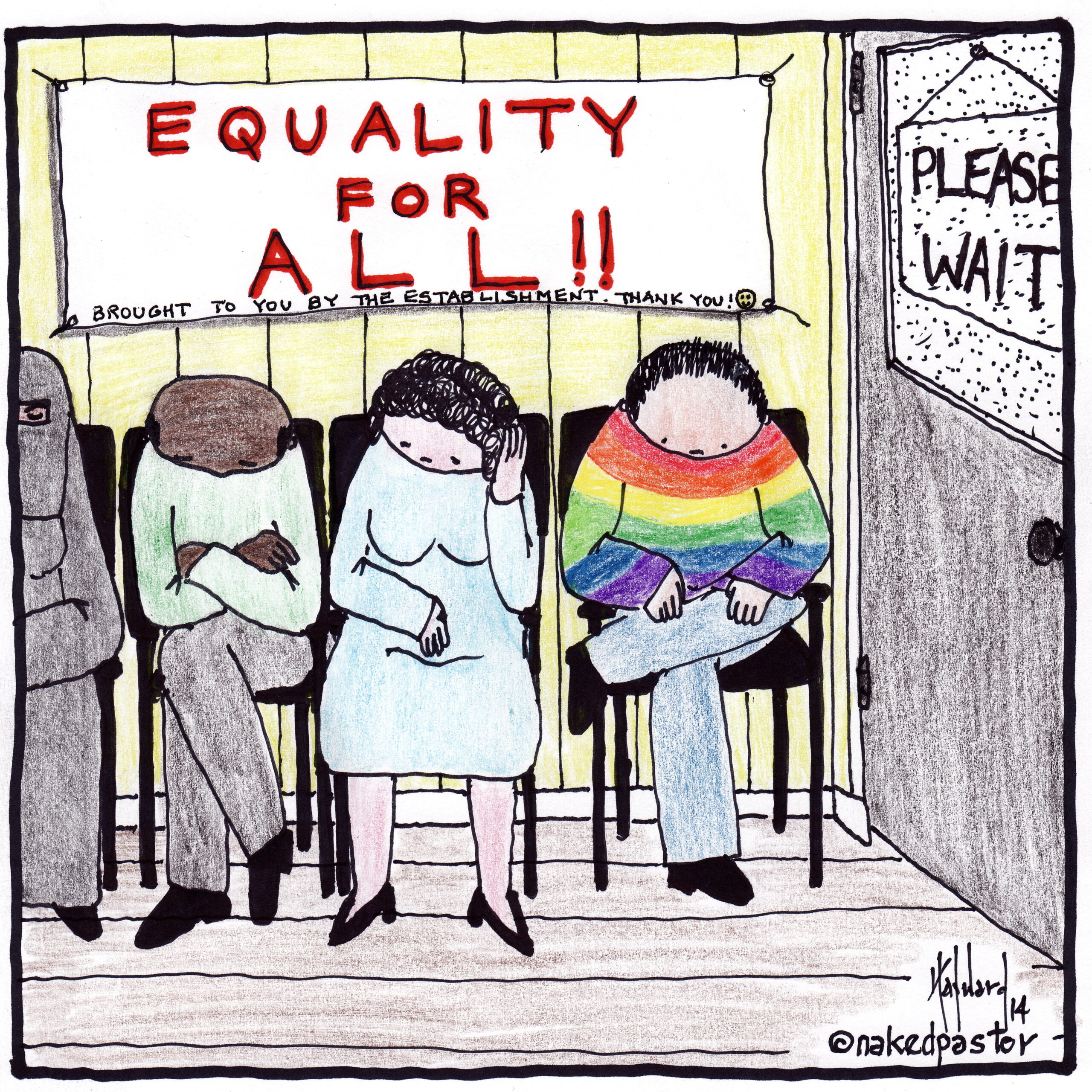
As a much more learned theologian than I, it was so gracious of him that he felt he had learnt something new from our conversation.
But rather than re-tell that narrative today, I am always struck how at a different time and place, we can see something different in the same passages we have read time and time again. Also, you can read that other narrative later because it is online.
For today, I was struck by the end of today’s reading.
And Jesus said, “I came into this world to execute justice—to make the sightless see and the seeing blind.”
Throughout the Gospel, we are constantly called to love one another and do justice.
Sometime, doing justice comes at a cost.
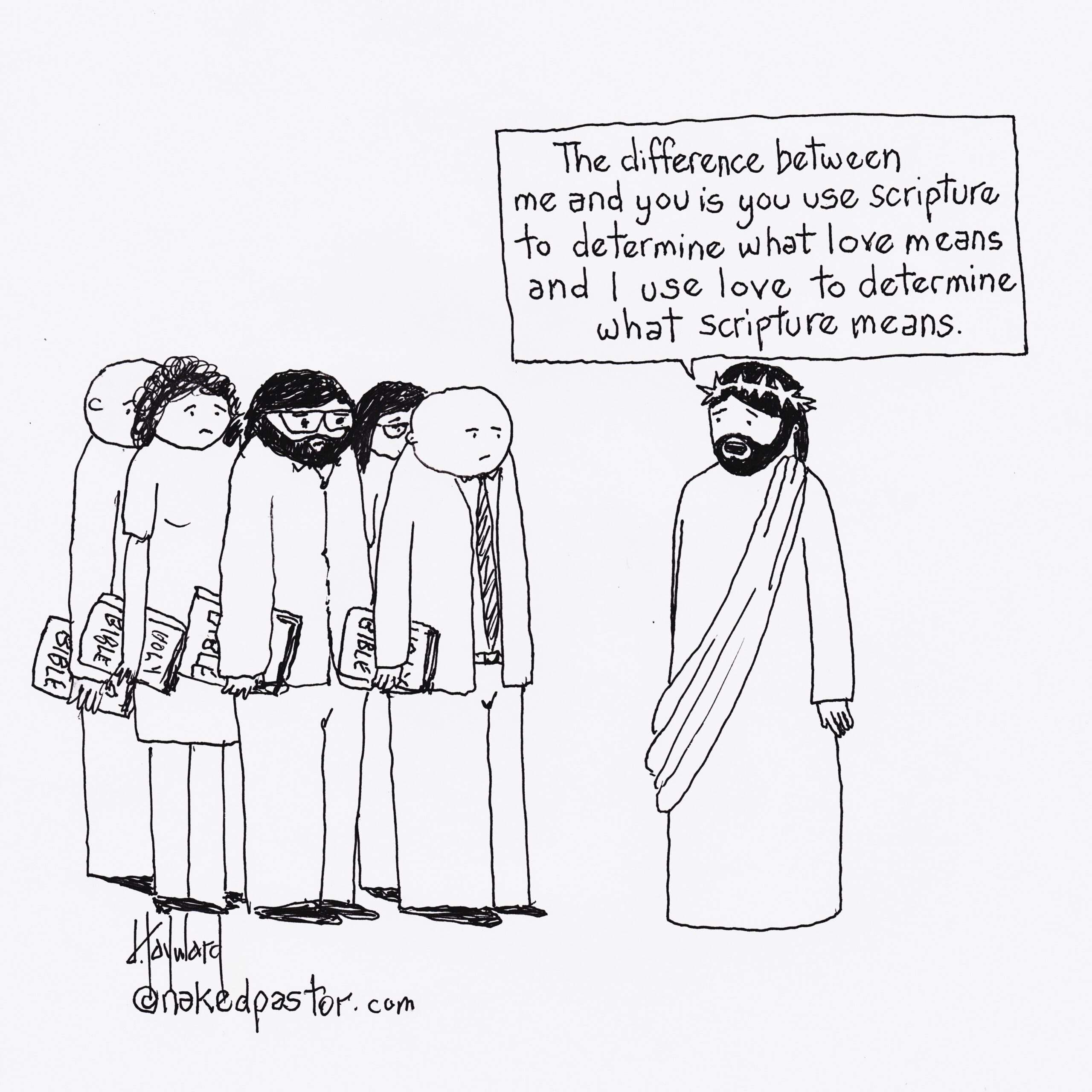
Our Uniting Theological College will host the XIV International Bonhoeffer Congress in January next year. (https://www.utc.edu.au/events/xiv-international-bonhoeffer-congress-january-2024/) I have purchased a couple of books on Bonhoeffer, and they, like many of my purchases, are in the to-get-read pile, which seems to be forever growing.
So I don’t know the ins and outs of his history and theology, except perhaps what many of us know. He was a protestant minister in Germany, who unlike many of the church leaders of the day, started to align themselves with Hitler. He saw the problem and risks, particularly as the ‘Aryan race’ would naturally exclude the Jews, which suited many Christian leaders of the day.
Bonhoeffer did not accept this convenient theology, to help align Church desires with Nazi ideology.
“If “non-Aryans” were banned from the ministry, he argued, their colleagues should resign in solidarity and establish a new “confessing” church that would remain free from Nazi influence. The ideological and theological extremism of the German Christians provoked a backlash among more moderate Protestants, leading to the formation of the Confessing Church in May 1934.”
Without going into the full history of Bonhoeffer, he was eventually arrested and wrote his famous treatise in jail (sounds familiar!). His associates were connected to a failed assassination attempt on Hitler and, through connection, was charged, found guilty and hung.
Why is this relevant to us today?
I came into this world to execute justice.
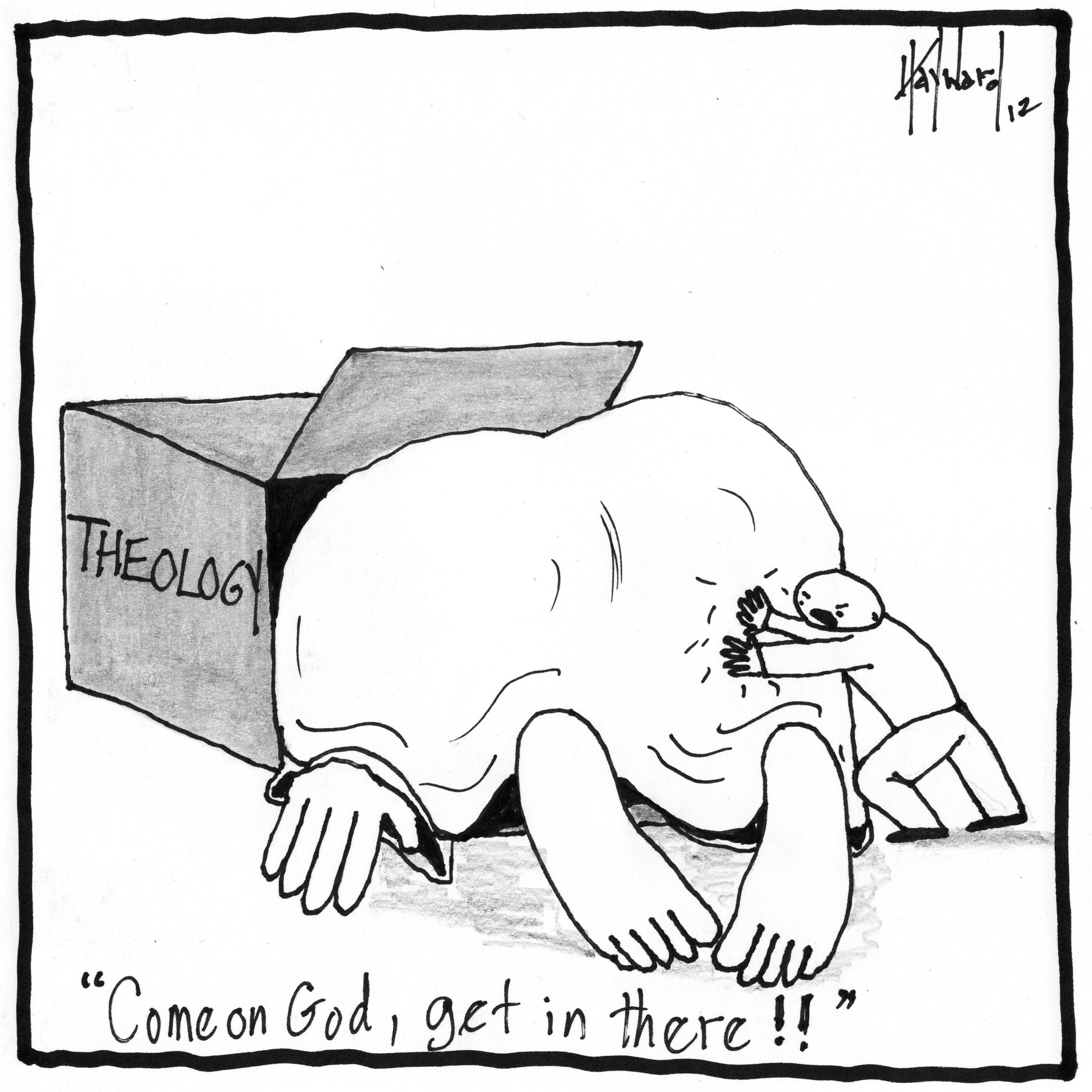
A number of people in our congregations have been involved in drawing attention to the injustice of the Australian government’s treatment of refugees. Remember that under the UN Human Right treaty on refugees, a refugee shall be allowed to enter any country, not necessarily the first country, and be processed as a refugee.
Australia has a long history of acting in contravention of our international obligations, including from both sides of the political extremes.
More sadly for our international reputation, several former LNP ministers have been advising the UK government on our processes of “turning back the boats”, which recently led to the BBC’s most famous soccer/football commentator tweeting his abhorrence of their proposed legislation. He was stood down by the BBC. No other commentators would work, and a standoff ensued. At least he was protected in the end.
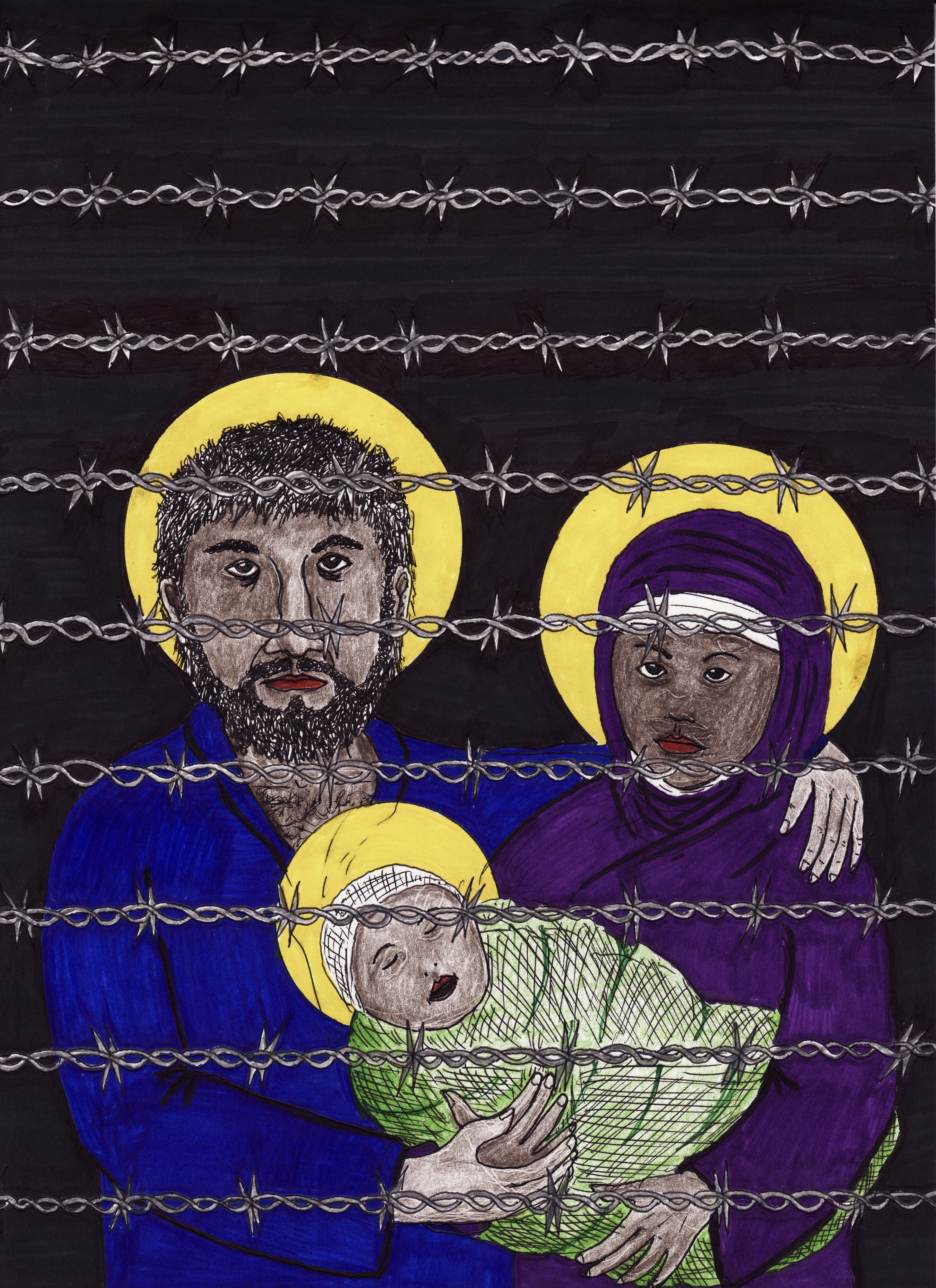
The Scottish Parliament passed several pieces of legislation to improve the human rights of transgender and gender-diverse people. However, the UK government decided to use its never used powers to overrule that legislation.
During World Pride, recently held in Sydney, Pitt Street Uniting Church was attacked by a group known as Christian Lives Matter on several occasions. Roseville Uniting’s notice board was attacked and damaged for welcoming visitors to Sydney. An Amplified event at a Catholic Church mass was attacked by the same group.
Over this last week, a UK anti-transgender activist, Kellie-Jay Keen, supported locally by Katherine Deves, has been speaking around Australia. It is alleged that her trip has been funded by conservative Christian groups from the USA. There were attempts to have her visa rejected given the nature of her talks, but that didn’t happen. There have been protests where ever she spoke. Yesterday in Melbourne, neo-Nazis came out in support of her, doing Nazi salutes on the steps of the Victorian Parliament House. The Victorian Police protected their movements whilst man-handling protesters.
Yesterday in Sydney, according to the Star Observer “far-right Christian groups rallied to “protect our kids” against the “moral decay of society”, specifically the LGBITQA+ community. Rev Inkpin, minister at Pitt Street Uniting Church talked at a counter rally yesterday.
Some of the Pharisees who were nearby heard this and said, “You’re not calling us blind, are you?” To which Jesus replied, “If you were blind, there would be no sin in that. But since you say, ‘We see,’ your sin remains.
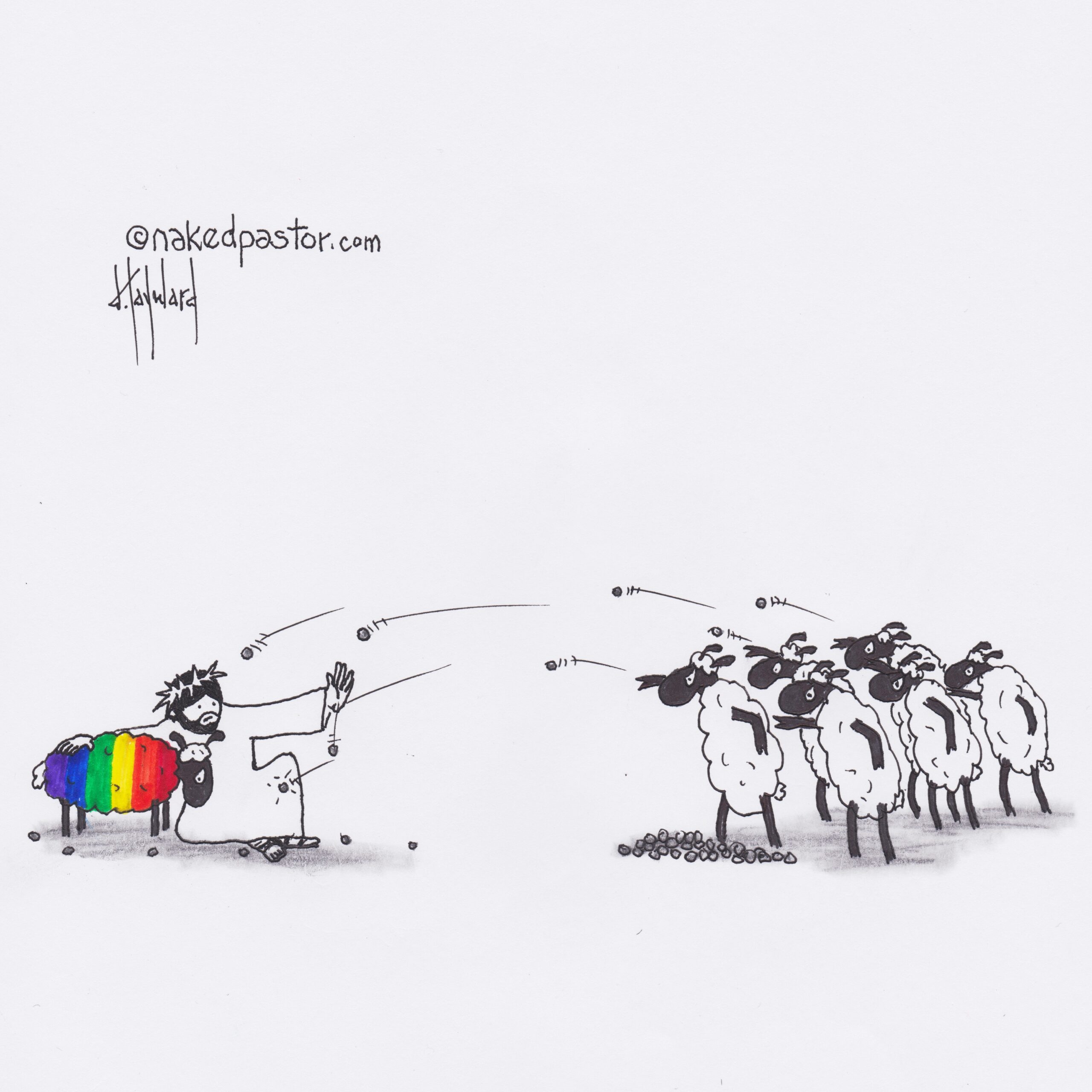
If we turn to the USA, in what are known as the “Red States’ or the states controlled by the Republicans, there is a pretty dire state of affairs.
States are banning books
- African history (Rosy Parker is being eliminated)
- Anything that could be considered affirming of LGBTIQA+ people and families.
- In many states, all books have been removed from classrooms, whilst the central authority review and approve any book in a classroom.
One state has enacted legislation to outlaw the major opposing party, the Democrats.
Abortion bans, including for children who are raped, including raped by family members. There are penalties if people go to other states for medical assistance. Bounties are available for people who report those seeking abortions.
There are don’t say gay bills. This means a kid in, say, year 1, a child in an LGBTIQA+ family, would not be allowed to talk about their parents in school. Teachers are not permitted to provide any commentary about LGBTIQA+ people. So, for example, it would not be permissible to talk about Alan Turin’s important work in ending WWII.
In one state, they have replaced the board of governors of a ‘progressive thinking’ university, so stop any progressive lessons or activities. They have an act progressing around universities that could be used to ban.
- Non-white fraternities and sororities
- Courses such as:
- Jewish Studies
- Feminist theory
- Gender Studies
- Abolish departments/facilities such as:
- Center for Black Students
- Center for Latino Students
- Center for Asian and Pacific Students
- Center for LGBTIQA+ students
Other activities are to ban medical support for transgender people, both children and adults, and in some states, forced detransition of transgender children and teens. One state proposes to allow a non-custodial parent to kidnap a transgender or gender-diverse child from the custodial parent and any other child in the family at risk by association and protect that non-custodial parent no matter what state they are a resident for. There are also pieces of legislation to charge parents who support their transgender or gender-diverse children with child abuse.

Why is this important to us here today?
A quote from Bonhoeffer:
“Silence in the face of evil is itself evil: God will not hold us guiltless. Not to speak is to speak. Not to act is to act.”
Bonhoeffer: https://www.crosswalk.com/faith/spiritual-life/inspiring-quotes/20-influential-quotes-by-dietrich-bonhoeffer.html
“Silence in the face of evil is itself evil: God will not hold us guiltless. Not to speak is to speak. Not to act is to act.”
Whilst many of us remember or have been taught elements of Nazi history, most of it has been focused on the Holocaust involving the Jews. They certainly were the largest affected community. However, we need to be reminded of some important little pieces of that history.
One of the early decisions of the 3rd Reich was to control education in schools and universities.
One of the first acts was to burn 20,000 academic books and the associated medical records from the largest research on transgender people in the world in Berlin. They subsequently destroyed the institute. In many ways, medicine in this area is still impacted by that loss.
Minorities were made the outcasts, not only the Jews but also the disabled (who weren’t seen as useful economic units), the Gypsies, people of other faiths, the transgender and gay people. They were all interned Transgender, and gays were subject to medical experimentation and abuse, and an estimated 15,000 gays entered the gas showers and didn’t come out.
Finally, don’t forget the number of Australian lives that were lost fighting against this fascist regime in Europe.
These activities and legislation are being promoted by Christians in the USA and UK.
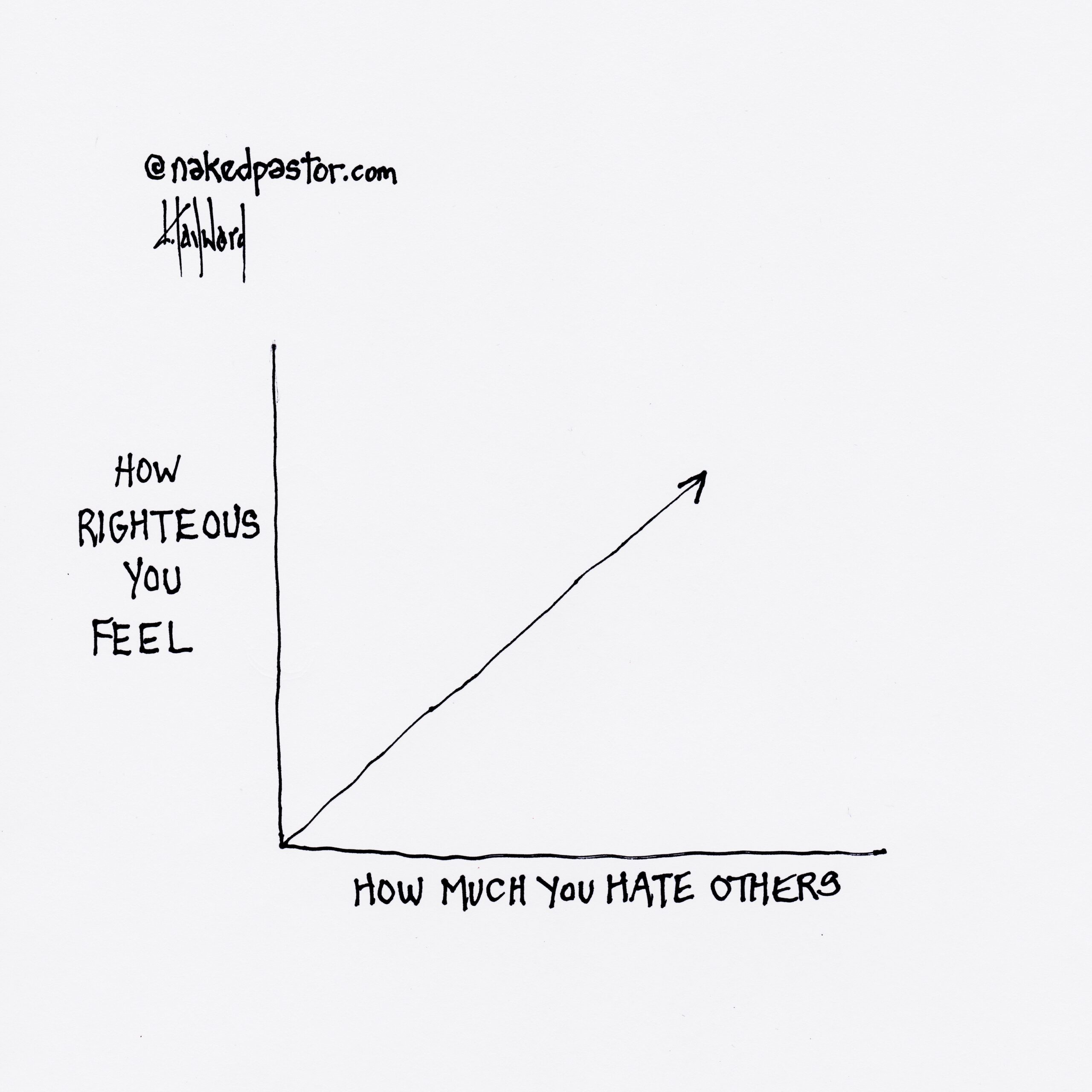
I struggle to see where the love and inclusion taught by Jesus are in all of these political horrors now underway worldwide.
“If you were blind, there would be no sin in that. But since you say, ‘We see,’ your sin remains.
I have often wondered who the modern-day Bonhoeffer in the USA and UK will be.
I am seeing plenty of young voices on TikTok but not a strong voice from a modern-day Christian Bonhoeffer.
We do have hope.
We have hope that with Jesus, love will overcome hate.
We have hope that with Jesus, love will overcome fear.
We have hope that with Jesus, love will call people to action.
Maybe the next Bonhoeffer will come from outside of the country of issue. Maybe they might come from Australia. Maybe from this very room.
Jesus said, “I came into this world to execute justice—to make the sightless see and the seeing blind.”
Maybe none of us will be the next Bonhoeffer. Still, I believe we are called to follow Jesus to execute justice and to make the sightless see the legislative and other hate growing around the world towards minorities, the non-Aryans, and to make blind those who are leading those activities.
Maybe today, you are being called to recall your knowledge of WWII to the younger generation or even to our politicians.
Maybe today, you are being called to take some action to speak up in discussions in your workplace, social groups or families about what is happening in the world.
Maybe today, you are being called to take more direct political action.
Maybe what is growing in front of our eyes, that needs to be seen, will need a community of Bonhoeffers.
To finish with another quote of Bonhoeffer:
“WE ARE NOT TO SIMPLY BANDAGE THE WOUNDS OF VICTIMS BENEATH THE WHEELS OF INJUSTICE, WE ARE TO DRIVE A SPOKE INTO THE WHEEL ITSELF.”
Bonhoeffer: https://www.crosswalk.com/faith/spiritual-life/inspiring-quotes/20-influential-quotes-by-dietrich-bonhoeffer.html
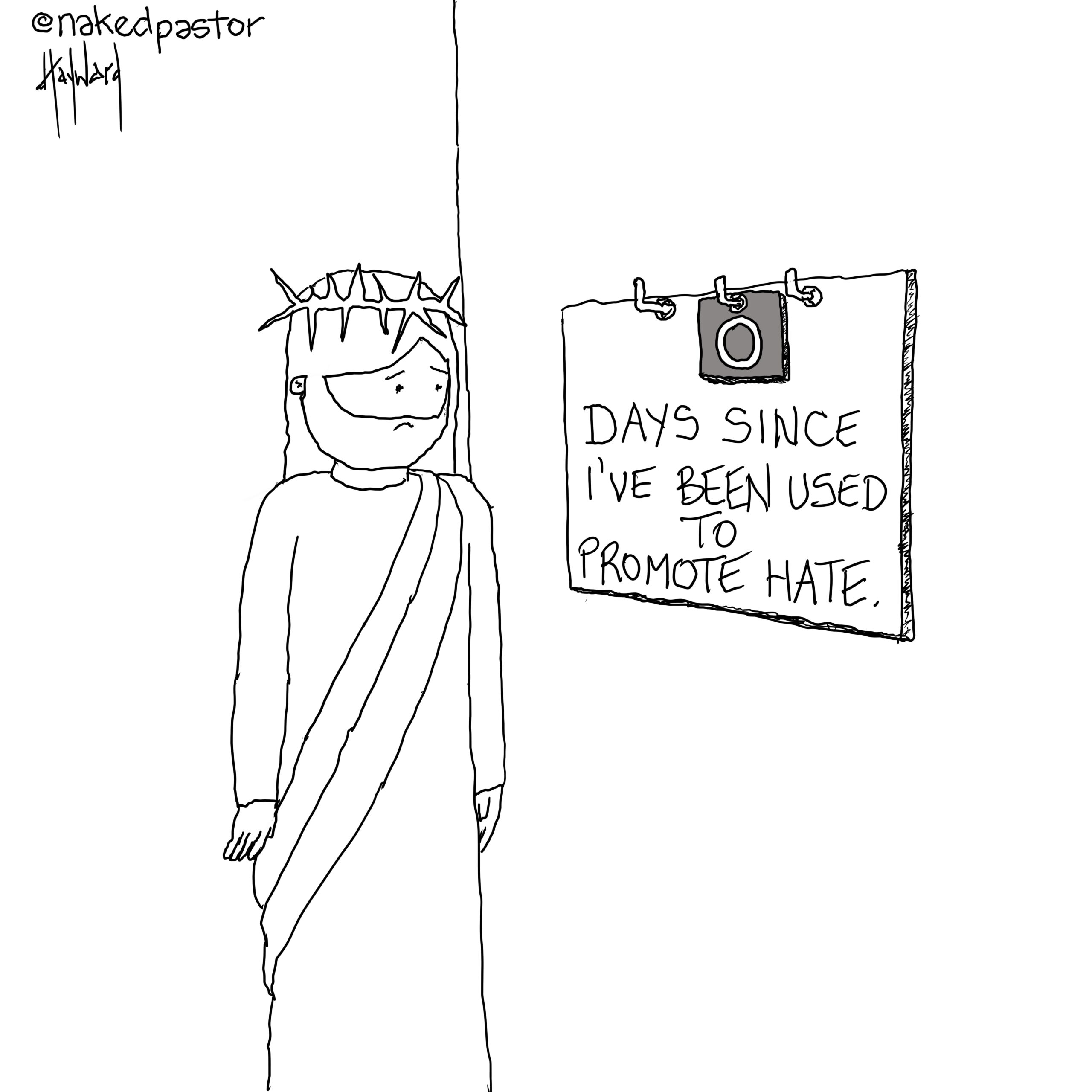
Let’s execute Justice! Amen.
by Jason Masters
